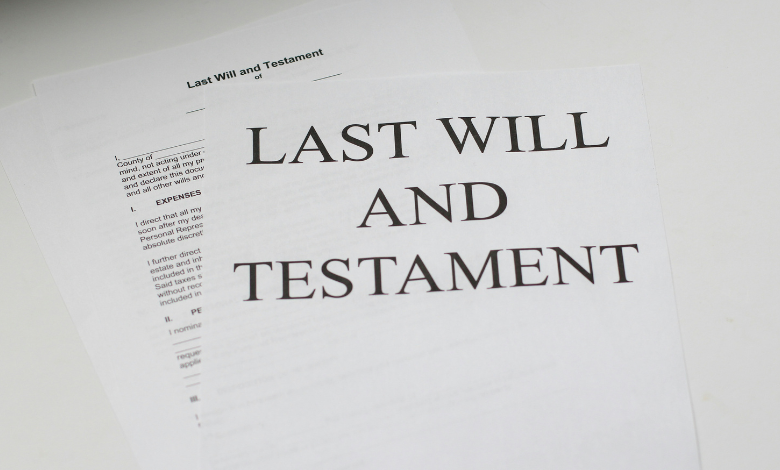Entertainment
Why having a will is crucial, regardless of age and wealth

No one likes to think about death, and it is highly unlikely to be on your list of considerations when you are in your 20s or 30s.
However, a will is one of the most important things you can do for yourself and your loved ones – no matter how young you are, or how few assets you own.
Take this quick Q&A from Capital Legacy to understand everything you need to know about a will:
- What is a will for? Many people think that if you have a funeral plan, you don’t need a will, but the two are not the same, so take care not to confuse them. A will sets out who you want your possessions to go to, and makes your wishes clear, whereas funeral cover is for the immediate costs of a funeral or cremation.
- At what age should you have a will? You can legally have a will from age 16, and when you turn 18 you really should have one because that’s when you are no longer a minor and can own investments and property in your own right.
- Why is having a will important? Even if your will simply says that you leave your things to your parents, siblings or friends, it is better than not having a will at all. Apart from the emotional strain, you risk unnecessary drama among family and friends about who should receive what, if you don’t leave a will. Passing away without a will (intestate) also means you have no say in what happens to your possessions because a legal formula is then applied to whatever you leave behind. Remember your digital assets too. Maybe you have tried out cryptocurrency, or you are active on social media. Without writing these details into a will, it may be difficult for your loved ones to access your accounts after you pass away. Imagine owning bitcoin and not being able to leave those funds to a person or cause you care about.
- How do you draft a will? Drafting your will is far less complicated, and much quicker, than you might think. The simplest wills are often the best wills, so it does not have to be complex or time-consuming. A professional will-drafter could probably sort you out in an hour or less and it doesn’t have to cost you a cent – banks and lawyers might charge for it, but there are wills and estates specialists who do not charge for drafting, amendments or safekeeping of your will.
- Drafting a will is particularly crucial, if…
- You are a parent: Then you should not only have a will but it should also include your preferred guardian for your child, make provision for a children’s trust to be established, and name the trustees who must administer the funds on behalf of your child.
- You have received an inheritance: Your will must state who the inheritance should go to if something happens to you.
- Your parent or guardian took out a tax-free savings account in your name: Similar to an inheritance, your will should say who these funds should go to if you are no longer around.
For more on lifestyle, visit Get It Magazine.















